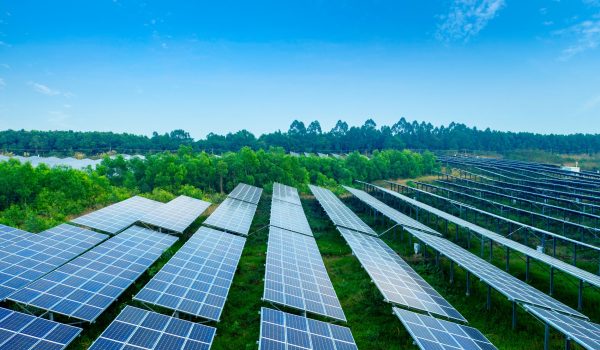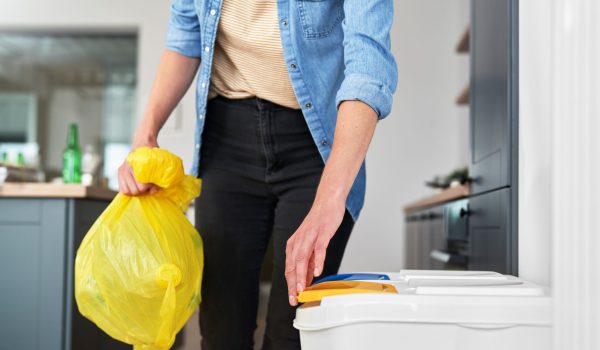Regulation Waste of Electrical and Electronic Equipment
The Regulation on Waste Electrical and Electronic Equipment (WEEE) aims to contribute to the sustainable production and consumption of Electrical and Electronic Equipment (EEE). Primarily, this is achieved by preventing the generation of EEE waste. Additionally, it enhances reuse, recycling, and other forms of beneficial use of e-waste to reduce the amount of disposed waste. This contributes to more efficient resource utilization and the recovery of valuable secondary raw materials.
Ultimately, this regulation holds producers or importers of electrical and electronic equipment (partially) responsible for managing that product in the waste phase. This includes responsibilities for collection and processing when the product becomes waste. Producers and importers must also arrange the financing for these processes. Retailers, processors, and municipalities also have specific obligations under the regulation. The WEEE Regulation is the Dutch implementation of the WEEE Directive.
Other relevant publications
The role of extended producer pesponsibility (EPR) in the energy transition
Analysis of the implementation of EPR for batteries in electric vehicles, solar panels, and wind turbines
Report collection for reuse at recycling centers
This report analyzes pilot projects in the municipalities of Amersfoort and Zwolle aimed at promoting the reuse of electrical appliances through recycling centers.
E-waste in household residual waste
Inventory of the quantity and different types of e-waste in residual waste for 2023







